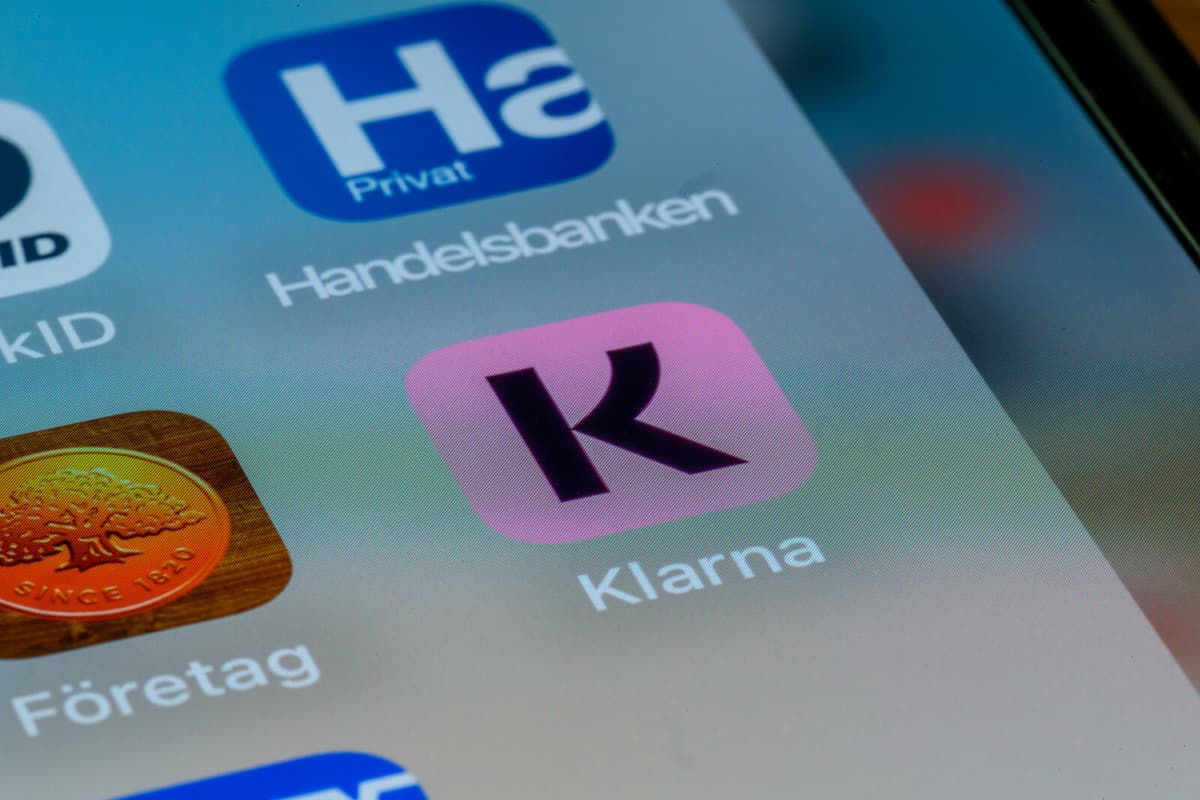Klarna – a large and rapidly growing player in the market for online payments – is aiming for a stock exchange listing in New York. It will likely happen in the beginning of next week, according to information that the news agency Bloomberg has been informed of.
”Pretty much money”
According to the prospectus that Klarna has submitted to the US financial supervisory authority SEC, the company is aiming for a subscription price of 35-37 dollars per share, which means a valuation of the entire company to somewhere just below 130 billion kronor.
I think it's pretty much money for Klarna. I see Klarna as a successful financial intermediary and then this is pretty expensive, he says about the price.
In order to motivate the subscription price that the company is aiming for, Klarna's ambition to become something more than what the company is today must be fulfilled, according to Frick.
And they want to broaden themselves, from being a link in the payment chain, a layer in the transactions. They have much bigger ambitions. And Klarna may also become a new way to pay, which replaces credit cards. If they succeed with that, this valuation is not particularly high, he says.
In summary, one can call it a "high-risk share", according to Frick.
That's what you can say it is. They don't make particularly much money today. The entire valuation stands and falls with tomorrow.
”It will probably be pretty tough”
The competition in the segment where Klarna operates is tough, with players like Tink, Revolut and Affirm and traditional banks with their credits and payment services, according to Frick.
It will probably be pretty tough for Klarna. It's about them always being on their toes, being innovative and continuing to invest to beat out new competitors and at the same time take parts of the cake from established services.
He is not surprised that Klarna, after 20 years of rapid expansion in private ownership, is now listing itself on the stock exchange.
There are quite a few who on paper have become pretty rich from Klarna, who now want to see real money.
Access to capital and visibility are two strong motives as well.
On the stock exchange, the demands for openness and transparency from both authorities and media increase. And if you don't deliver what is expected or better, the patience can disappear overnight among investors, according to Frick.
But apparently, Klarna's owners see that the benefits weigh heavier – better access to the capital market and better visibility.






